How Do Child Support Attorneys Split Private Educational Expenses?
Divorce can be financially devastating for families. When one household becomes two, expenses multiply, and allocating costs, especially for private schooling, can create disputes. Appendix IX-A to R.5:6A specifies that private and parochial school tuition lies outside the child support schedule. It is an additional expense, and for that, child support attorneys make a separate agreement plan to split fair educational expenses.
How Child Support Attorneys Ensure Private Schooling in Divorce Settlements
Child support is money paid by the non-custodial parent (the parent with whom the child spends the least amount of time) to the custodial parent (the parent with whom the child spends the most amount of time). Monthly child support payments are meant to help with the child’s basic monthly living expenses, such as food, clothing, personal care, and shelter.
But, if you want your child to study in a private institution, the lawyers will discuss and negotiate this during divorce proceedings to include it in the parental plan. This discussion usually happens with the other parent to decide in the child’s best interest. After mutual consideration, education-related provisions are added to the marital settlement agreement to avoid expensive post-judgment conflicts. This ensures your child gets stress-free and continued education until he reaches 19.
Factors Child Support Attorneys Evaluate to Decide Parental Contribution of Private School Costs
The case of Hoefers v. Jones, 288 N.J. Super. 590 (Ch. Div. 1994) established criteria for assessing whether a non-custodial parent should contribute to a child’s private school tuition. Child support attorneys carefully evaluate these factors to decide a fair educational expense settlement:
- Financial Ability: Can the non-custodial parent afford it?
- Past School Enrollment: Did either parent attend a similar school previously?
- Pre or Post-Divorce Schooling: Was the child attending private school before or after the divorce?
- Prior Agreements: Did the non-custodial parent commit previously to pay for private schooling?
- Religious Background: Does the school align with the family’s religious beliefs?
- Special Educational Needs: Does the school address any special needs of the child?
- Child’s Best Interest: Does attending a private school benefit the child?
- School Choice Right: Does an agreement or court order grant the custodial parent the authority to choose the school?
- Reasonable Enrollment Actions: Were the custodial parent’s actions reasonable in enrolling the child?
- Inclusion in Support Guidelines: Is private school tuition accounted for in child support guidelines?
- Child’s Benefit: Will the child derive significant educational advantages from the private school?
- Parental Involvement: Has the non-custodial parent been actively engaged in the child’s education?
- Consistent Parental Views: Are the custodial parent’s views and desires consistent?
Wrap Up
Child support attorneys weigh these factors to determine fair allocations for educational expenses post-divorce. Their motive is to devise a parental plan in favor of the child’s best interests while considering each parent’s contribution capacity.
Suppose you are divorced or going through a divorce and need assistance determining how to split your child’s private educational expenses with your co-parent. Contact Krompier Law. Our child support lawyers have extensive experience, which we can put to work for you in your case.



